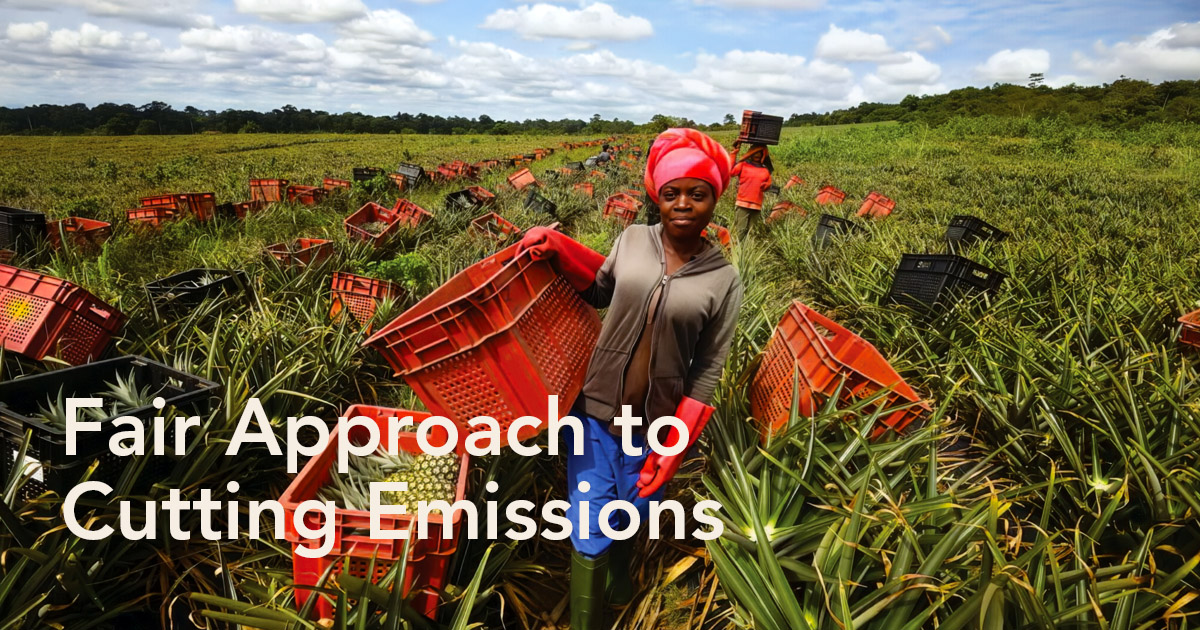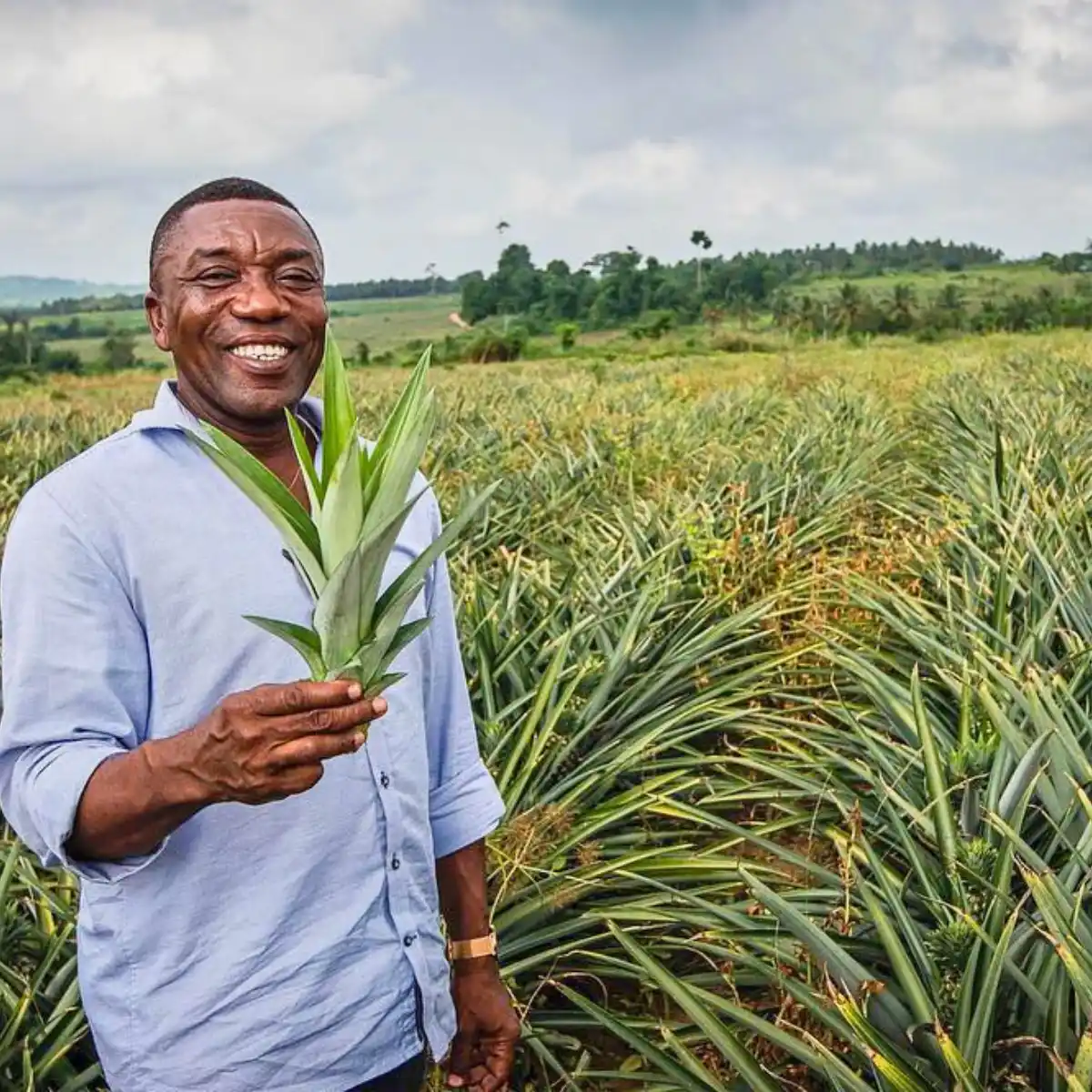As world leaders gather at COP30 to chart the way toward climate obligations, Fairmiles, the alliance representing fresh produce businesses, academia, and international development sector organizations in exploring ways to take a fair approach to Net Zero, is calling for greater balance in the race to balance out the planet-warming greenhouse gases produced by human activities, without impeding on vital market access for producers in low-income countries.
Fairmiles, whose goal is to establish a just and equitable strategy, consistent with the principles of Climate Justice, warns that while there is a need to cut emissions aggressively, there is also the need to think carefully about who bears the cost of these changes, especially when millions of livelihoods hang in the balance. Progress, Fairmiles notes, must not come at the expense of these livelihoods or be based on questionable data.
Understanding Fresh Produce Trade and Just Transition to Net Zero
Fresh produce trade connects growers in the Global South with European and UK markets, generating significant socio-economic benefits for millions of people. Growing, packing, and exporting fruits, vegetables, and flowers creates employment and income in regions where economic opportunities are limited. These trading relationships have sustained communities and enabled development over decades.
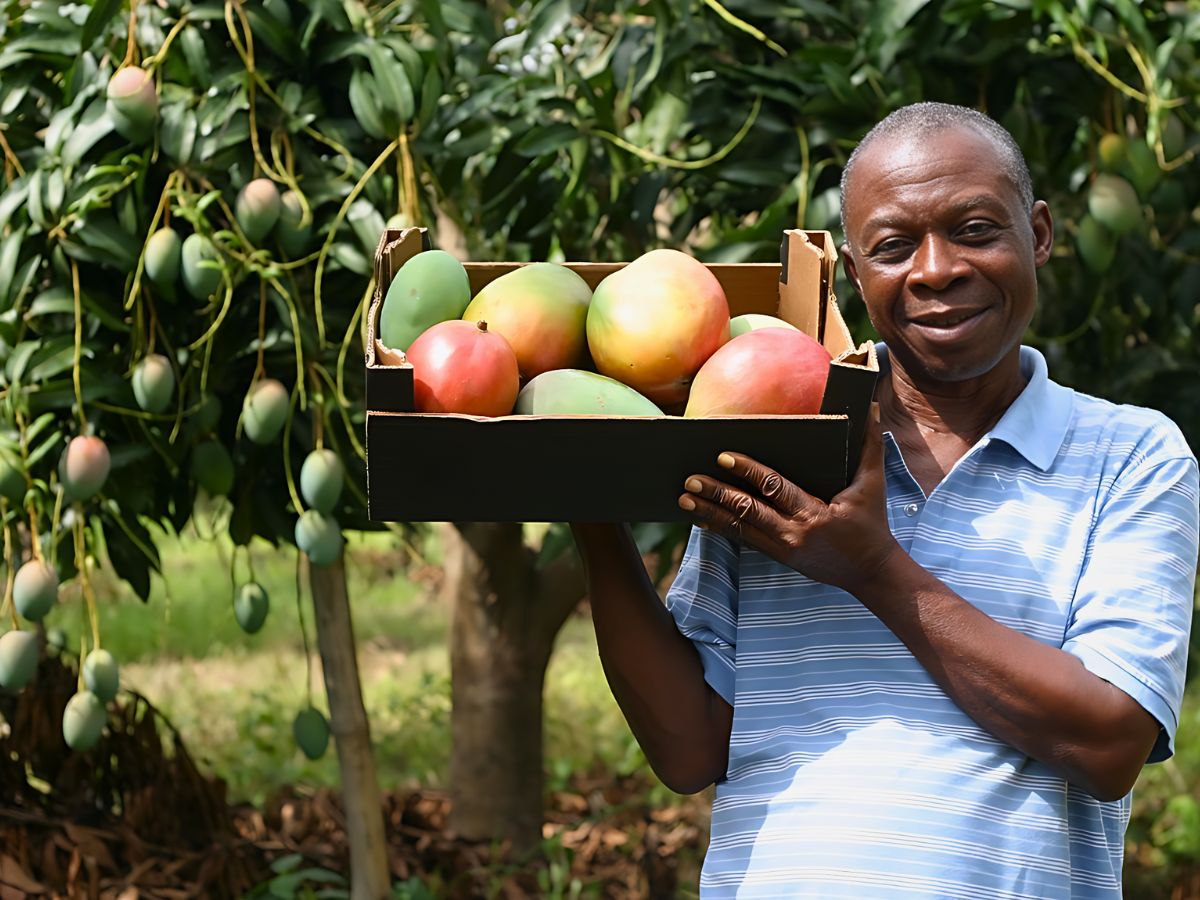
Many of these products require air transport due to their perishable nature, making air freight the only feasible option. However, these supply chains are facing increased scrutiny as retailers try to reduce their carbon footprints. Despite this attention, Fairmiles notes that emissions from airfreighted fresh produce typically represent only a marginal portion of the overall carbon footprint of retailers.
The concept of ‘Just Transition’ has, therefore, gained traction among those who understand that the route to Net Zero cannot follow a uniform approach. Countries and sectors with limited historical emissions and lower levels of economic development require different considerations than industrialized nations with years of carbon-intensive activity, which calls for ethical imperatives in maintaining general support for climate action.

Fairmiles:
“A narrow focus on emissions alone misses the wider context, including the benefits of these trading relationships for communities in producer countries. Academics increasingly discuss such considerations under the ‘Just Transition’: the idea that, to be fair, the path to Net Zero must be differentiated between countries and sectors based on their historic emissions and levels of economic development.”
The Data Accuracy Issue
This discussion comes at a time when questions are also being raised about the accuracy of emissions data used to guide decarbonization decisions. A recent Air Cargo News article (5 November 2025), “Unfair cargo emissions calculations favoring freighters over bellyhold,” revealed what industry leaders described as ‘huge differences’ in the way emissions are calculated between freighter aircraft and cargo carried in passenger flights.
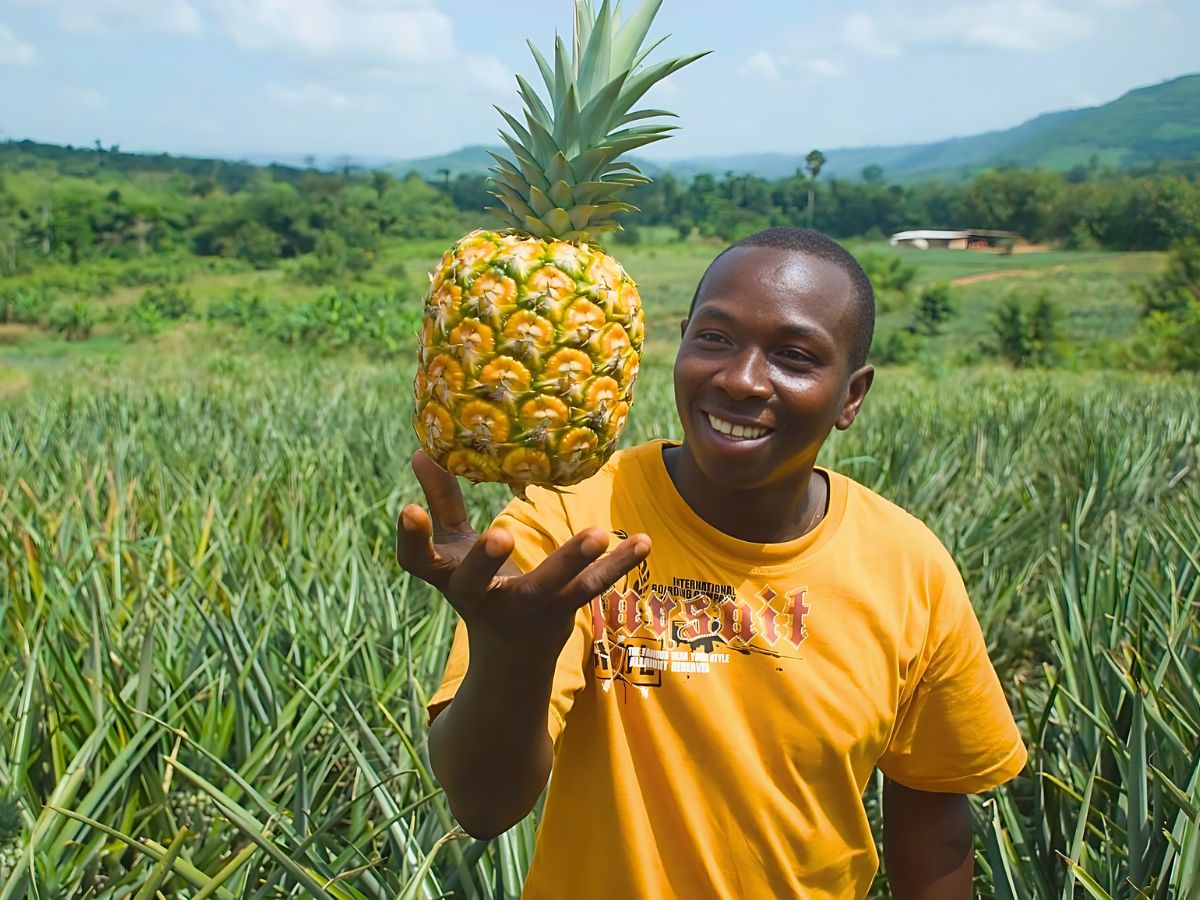
In the latter case, passengers (and not cargo) are the reason the flight operates. When cargo travels on passenger flights, the aircraft operates primarily for passengers, with cargo essentially utilizing available belly space. Current calculation methodologies often fail to account for this difference, potentially misrepresenting the true source and allocation of emissions. This disparity, Fairmiles warns, could misguide policies and trade decisions built upon that underlying data. Such flawed polices could, in turn, lead to actions that neither advance climate goals nor protect vulnerable communities.
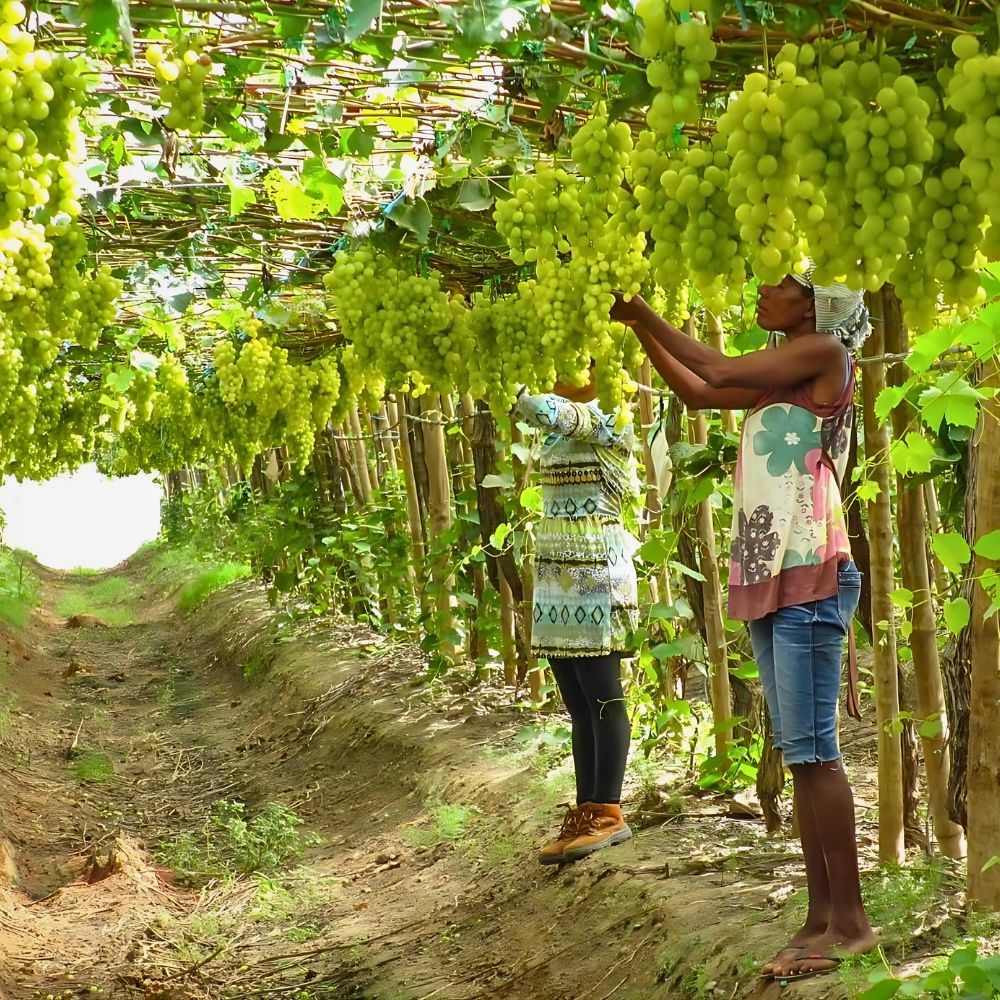
In a statement, Simon Derrick, Program Lead for Fairmiles, noted:
“If the allocation of this data is wrong, the decisions taken are likely wrong, and that will have real-world consequences for the climate and the farming communities in the Global South that rely on trade with the EU and the UK. We need to make sure our climate strategies look beyond emissions as a single metric and consider social and developmental outcomes. Otherwise, we risk harming the very people and businesses that have the most to lose.”
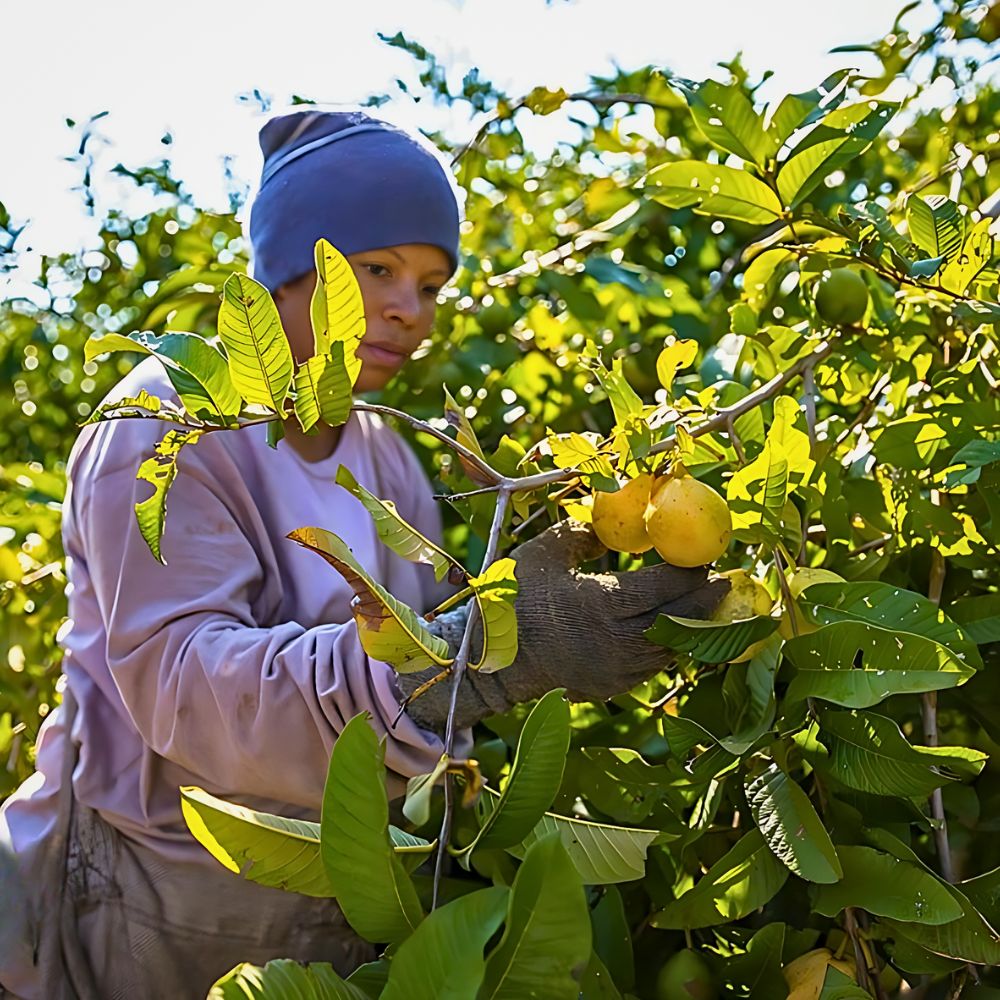
Fairmiles also maintains that achieving Net Zero and protecting livelihoods are not opposing goals but two sides of the same challenge. Ensuring fairness, both in the social impact of decarbonization and in the accuracy of the data used to drive it, is essential to restore public trust and deliver climate action that works for everyone.
Simon also added:
“We absolutely must reduce emissions in line with the Paris Agreement. But we also need to make sure that doing so doesn't destroy livelihoods or limit opportunity in the Global South. Some of the backlash against Net Zero stems from people fearing exactly that. The answer is not to pull back on climate action but to make it fair.”
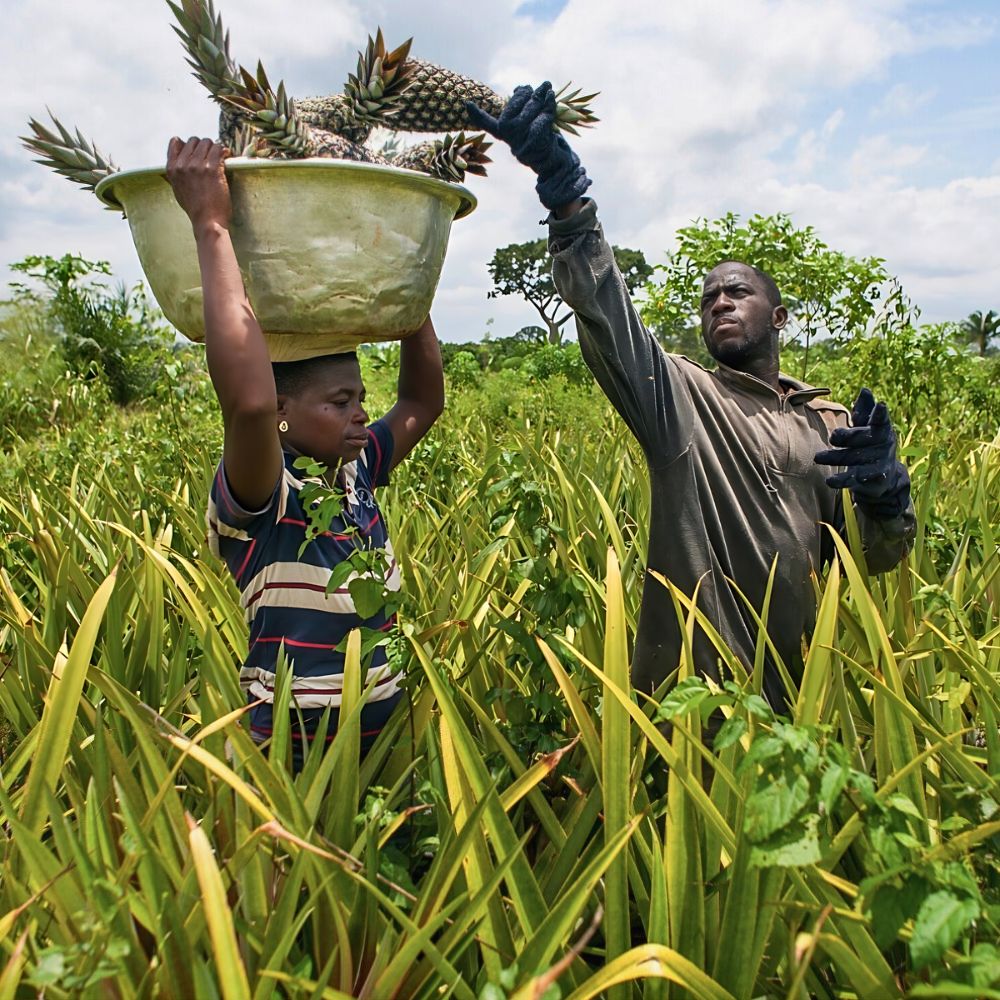
The concern is more about the idea that when climate policies threaten employment and economic security, resistance often follows. Such resistance comes from legitimate concerns about survival and economic stability and not from rejection of climate science. The solution is in pursuing climate goals through methods that safeguard vulnerable populations.
Practical Good Practice Guidelines
Fairmiles is developing good practices for Just Transitions in relation to airfreighted fresh produce. The practices' development involves producers, exporters, retailers, consumers, academics, and NGOs. These good practices form a practical structure to help businesses reduce emissions responsibly while supporting communities that depend on international trade.
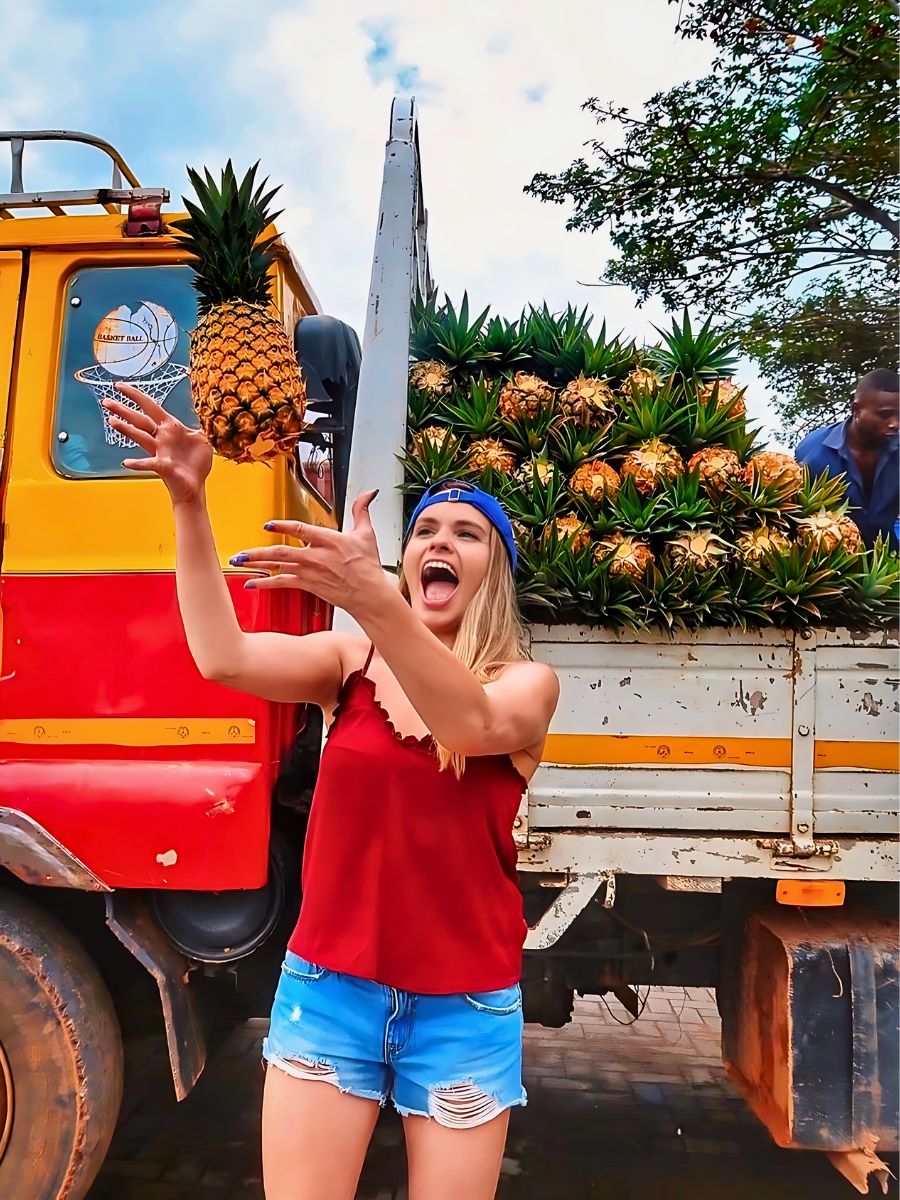
The consortium plans to publish its first set of Fairmiles Just Transition Principles over the coming months, providing a blueprint for how buyers can decarbonize their supply chains in ambitious and inclusive ways. These principles aim to support climate action that remains inclusive, acknowledging that sustainable progress requires considering all stakeholders instead of inadvertently disadvantaging certain communities.
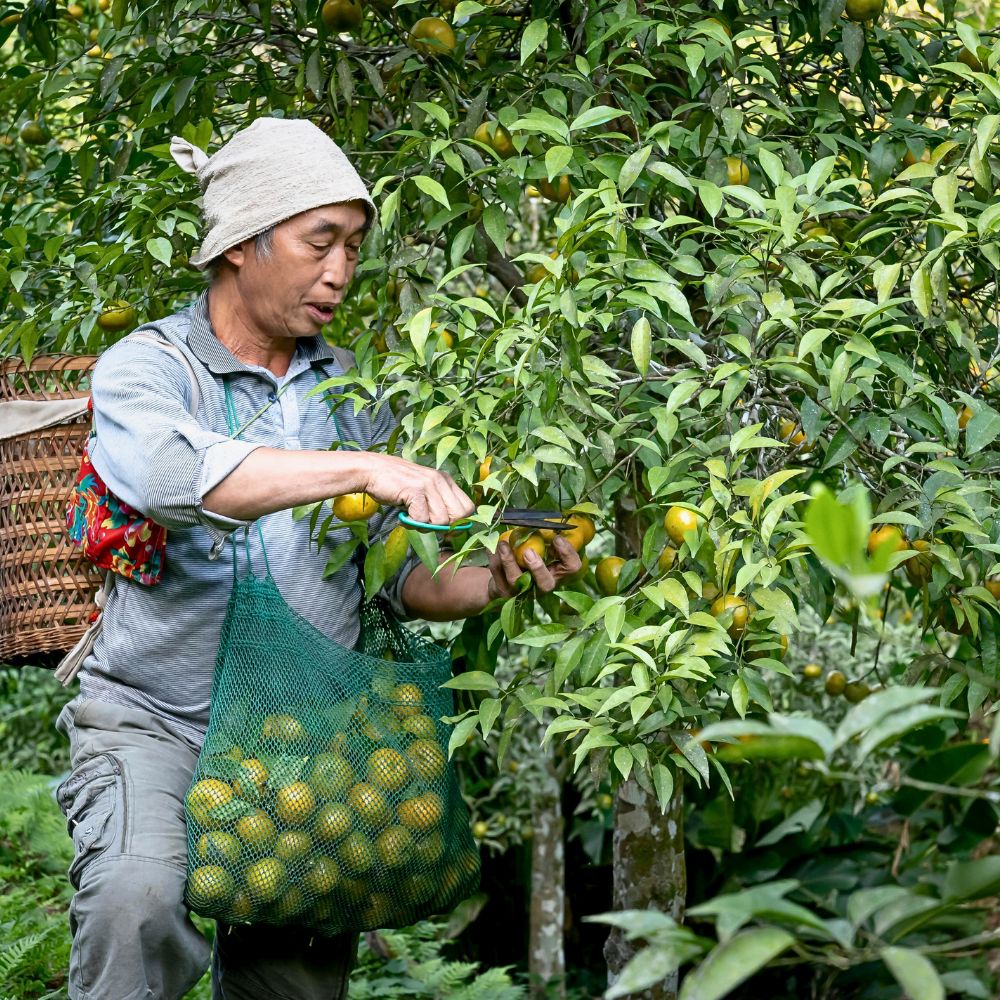
The framework will provide businesses with practical guidance for reducing emissions while maintaining support for communities dependent on international trade, with the guidelines addressing both environmental responsibility and social considerations in sourcing decisions.
Feature image by @blueskies_gh. Header image by fairmiles.

